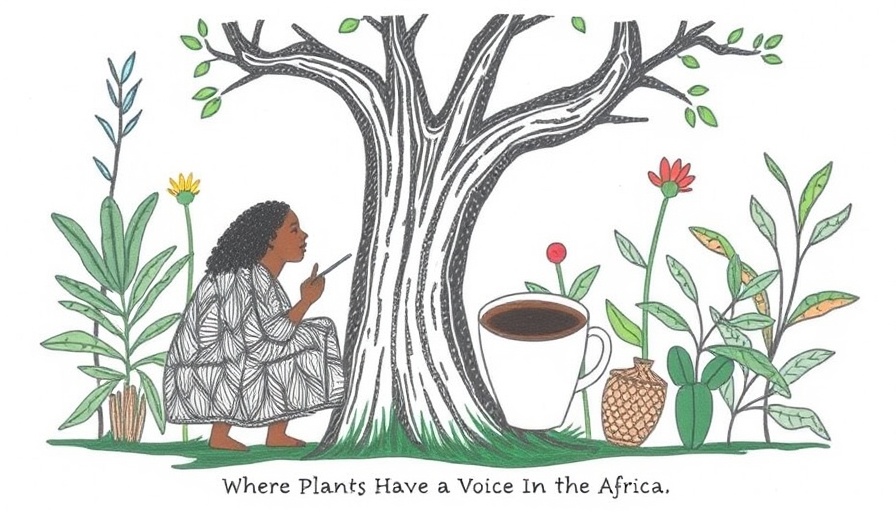
How Technology is Transforming Coffee in Tanzania
In the heart of Tanzania, coffee is not just a beverage; it is a lifeline for millions. The innovative strategies coming from places like the Tunasikia Farm in Utengule are blending traditional agriculture with modern technology. With the use of solar-powered IoT sensors, farmers are uncovering the hidden language of plants, allowing them to communicate their needs more effectively. This evolution in farming practices is essential as climate change threatens the agricultural landscape.
Empowering Farmers through Data
As Massimo Battaglia points out, coffee cultivation is a vast enterprise, involving over 125 million farmers globally. However, the challenge lies in how to navigate unpredictable weather and changing temperatures. Thanks to partnerships like that of Cisco and the ConSenso Project, Tanzanian farmers can harness big data. This information empowers them not only to increase yields but also to improve their quality of life. Collecting data on their farms allows farmers to anticipate environmental changes and adjust their farming methods accordingly.
The Future of Coffee Trade in Africa
The intersection of technology, trade, and agriculture marks a transformative moment for African coffee exporters. The integration of IoT within the coffee industry signifies a move towards a smarter agricultural practice that can bridge the gap between rural farmers and urban consumers. Enhanced data collection can lead to more efficient supply chains, directly benefiting local economies and reinforcing cross-border trade initiatives like the African Continental Free Trade Area (AfCFTA).
Why This Matters to E-commerce
As e-commerce continues to expand in Africa, the insights obtained from these technologies could revolutionize how coffee—and other products—are marketed and sold. By understanding agricultural trends and consumer preferences through enhanced data, exporters and importers can refine their strategies, ensuring that the products they deliver resonate with market demands.
This evolution not only addresses immediate challenges faced by farmers due to climate change but also paves the way for sustainable commerce that fosters long-term growth. The ripple effects of such advancements in technology and agriculture could establish a stronger presence of African products on global e-commerce platforms.
As we embrace these changes, the future of coffee in Tanzania—and perhaps the continent—looks brighter with the promise of technology guiding farmers toward a more sustainable and prosperous tomorrow.
Curious to learn more about how technology is reshaping trade in Africa? Stay tuned, as we continue to explore these advancements!
 Add Row
Add Row  Add
Add 




Write A Comment